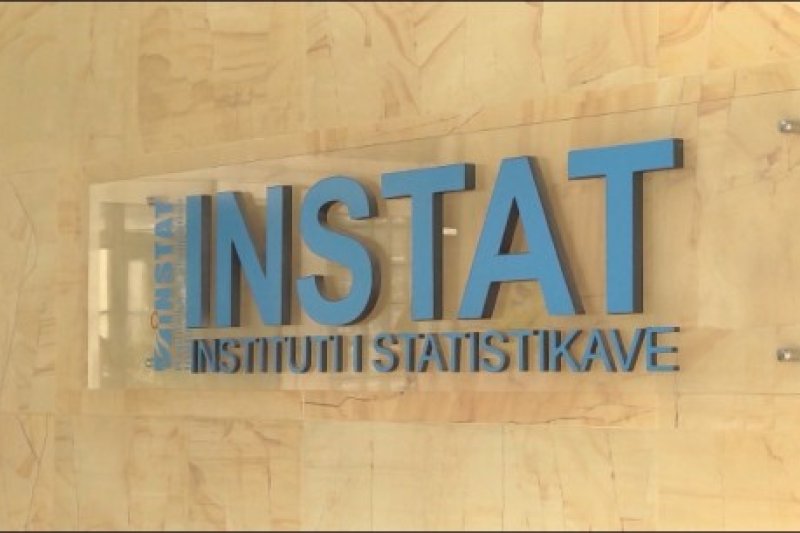Core Inflation Rose for 2nd Month in a Row
Core inflation increased slightly again in August. According to the Bank of Albania, core inflation reached 2.37%, from 2.29% in July. However, on an annual basis, core inflation remains in significant decline. In the same period of last year, the core inflation marked the level of 4.17%.
Core inflation rose for the second month in a row, possibly signaling expected upward pressures on the prices of services in the economy, particularly tourism-related services.
The tourism sector this year also faced high labor costs, which partially continued to exert upward pressure on prices. Core inflation is calculated by the Bank of Albania for a group of goods and services that account for 69% of the overall basket of the Consumer Price Index.
Core inflation excludes those products that usually have high volatility, mainly food and energy products. The purpose of calculating core inflation is to strip the overall increase in prices from fluctuations of a shorter-term nature.
In particular, core inflation tends to estimate internal inflationary pressures, which in recent years have influenced a lot of the increase in the labor cost of businesses.
Although at the moment in small proportions, during the last two months, the basic inflation has moved in the opposite direction about the total inflation, which for August went down to the level of 2% and touched a new minimum level for the last three years.
According to INSTAT data, the annual change in the consumer price index in August was 2.0%, while a year ago this change was 4.0%. This was the lowest level since June 2021.
Compared to August 2023, the largest increase in prices is observed in the group "entertainment and culture" with 4.0%, followed by the groups "clothing and shoes" with 3.9%, "alcoholic beverages and tobacco" with 3.6 %, "furniture, home appliances and home maintenance" with 3.5%, "food and non-alcoholic beverages" with 2.4%, "educational service" with 2.2%, "miscellaneous goods and services" with 2, 1%, "hotels, cafes and restaurants" with 1.8%, "rent, water, fuel and energy" with 1.5%, "health" with 1.4%, "communication" with 0.6%. On the other hand, the prices of the "transport” group decreased by 3.1%.
Inflation has decreased mainly thanks to curbing the increase in food prices, the drop in fuel prices, and the strong lek in the foreign exchange rate.
Meanwhile, the most stable element of inflation in recent months has shown a slight increase, which may be an indicator that the internal inflationary pressures in the economy have not stopped completely.
The central banks, including the Bank of Albania, are faced with the dilemma of whether they should continue with the reduction of interest rates further this year.
The US Federal Reserve is expected to cut the key rate for the first time this month, after a two-year tightening cycle. The latest data on economic growth and employment in the Eurozone seem to have also increased the likelihood of a second easing intervention this year by the European Central Bank.













